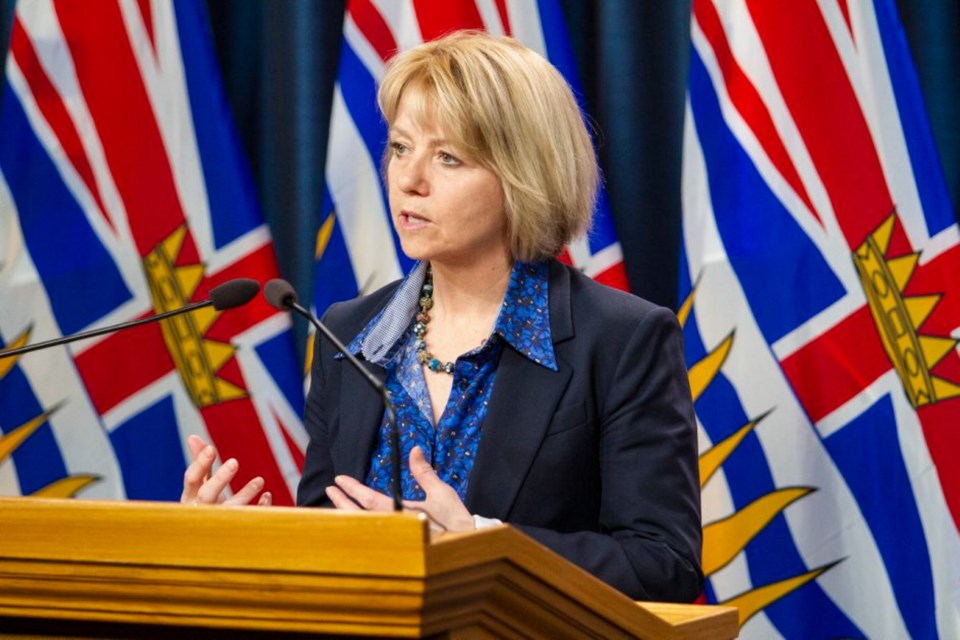The progression of COVID-19 around the world has laid bare many fault lines in our society, fractures in our communities, flaws in our assumptions and cracks in our individual lifestyles.
It has, as I wrote about in an earlier column, also pushed people to demonstrate the best in human nature.
And in unpredictable, disrupted times, focusing on the positive — whatever that may be and however small and personal it is — can help people cope with acute stress. Being grateful for what we have in difficult times — acknowledging and being thankful for good things in life, and showing appreciation for and returning kindness — can turn a horrid, unfair test of endurance into a passing challenge.
Studies show that people who report higher levels of gratitude are more likely to seek out emotional and social support when under stress. They’re more likely to interpret events and their effects positively, to cope in positive ways during stress, and to plan effectively to deal with difficulties. These are all positive correlations that can affect how happy we feel and whether we feel like we have control over our lives.
With that in mind, I’ve identified a number of things we can be grateful for in these topsy-turvy times.
Recognizing how much we have: Times like these remind us what is essential in our lives. If we have a safe place to sleep and spend our time, enough to eat, clean water to drink and bathe in, we’re already more fortunate than many others even in our own community. If we are healthy, that is another gift to be thankful for. If our loved ones are near and safe, even better.
That we can wait out the restrictions in a beautiful place like Vancouver Island is a bonus.
Family and friends: We all need to feel loved, appreciated and part of a community. And as our provincial health officer, Dr. Bonnie Henry, frequently reminds us, this is the time to check in and connect with the people who are most important in our lives. We may have to pass on doing it in person, but other means exist.
And let’s be thankful for those other means too.
Time to reflect: We didn’t choose the office shutdowns and business suspensions. We didn’t choose to be laid off, to be working fewer hours, or to be working at home to limit spread of COVID-19. But the break in routine and time away from the noise, busy-ness and hurly-burly of Regular Life may have given us some mental space and time to think about our lives a bit more deeply. It’s easy to get caught up in expectations and desires — our own and others — and be seduced into thinking that Having Stuff equals happiness.
We have had a gift of time to ask ourselves how all our striving is working out for us. We may decide we’re heading exactly in the direction we want or we may decide a shift is needed. Either way, having the space and time to check in with ourselves is a luxury in our normally fast-paced world.
Time to take care of things ourselves, and learn new life skills: Hardware and gardening stores reported increased business over the past few months, even if much of it is through online sales. People were using their increased free time to undertake manageable renovations or spruce ups around the house and yard. Thanks to YouTube, we’re learning to change the oil in our vehicles, fix leaky faucets, cut and trim baseboards, prune trees, sow vegetable gardens. Finding flour and other basic baking staples at the grocery store was also a challenge, as more of us started making bread and shortcrust pastry.
The last few months have helped us become handy and a bit more self-sufficient.
Decrease in transmission of other infectious diseases: Self-isolation and physical distancing limit the spread of more than just coronavirus. As a result, fewer people may die or suffer disability from the flu this year.
By the same token, the ban on non-international travel and suspension of in-school classes mean the measles outbreak that occurred in B.C. last year hasn’t had opportunity to reignite this spring. Of course, school closures and limits on regular doctor appointments have made it harder to vaccinate kids — but at least that challenge has been balanced by fewer opportunities for exposure. And — small mercies — the social restrictions and hand washing may have also reduced transmission of gastrointestinal illnesses.
It’s not a comprehensive list. You might think other things should be included in addition or instead. Let me know what you are most grateful for these days.



